Article not found
This article is no longer available. But don't worry—we've gathered other articles that discuss the same topic.
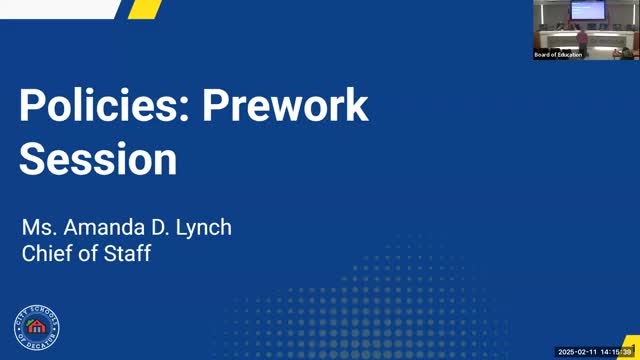
Board presses staff to clarify new Student Support Team, dyslexia and special-education policy language; debate over policy vs. regulation
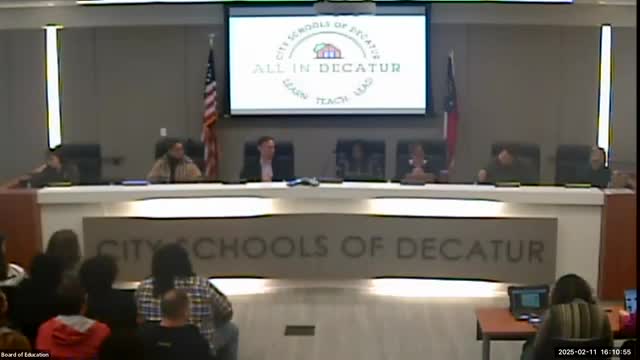
Board approves consent agenda, three personnel policies and opt-out resolution; revises agenda
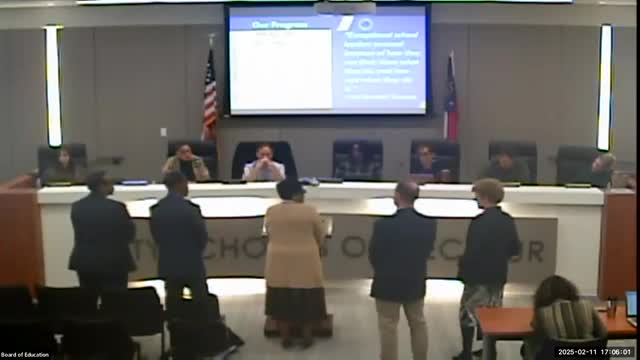
Communities In Schools partnership serving 169 students; $195,000 district investment leveraged to $335,348 in support
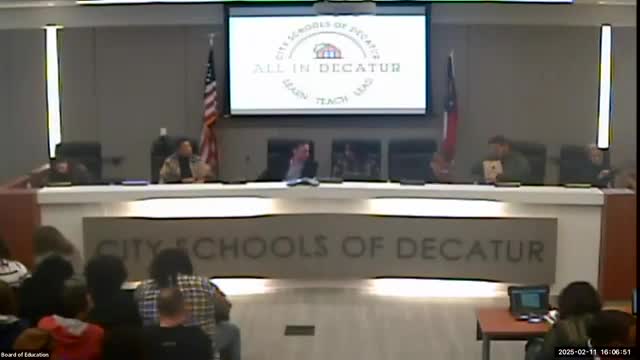
County tax office and city finance brief board on digest, billing and opt-out concerns; city explains rationale for opting out of HB581
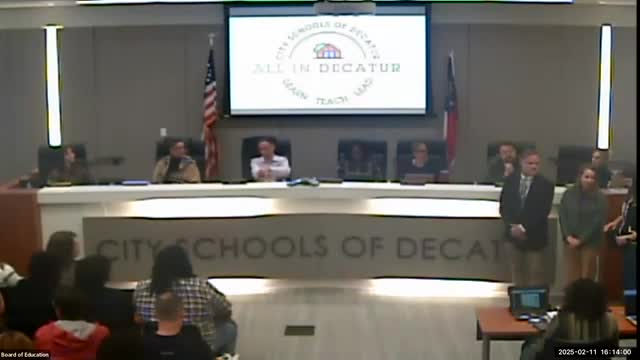
District highlights safety upgrades: school-zone cameras, Syntegix alerts and new visitor screening

Preliminary FY2026 budget projects $7 million deficit without additional revenue; salaries and benefits drive costs
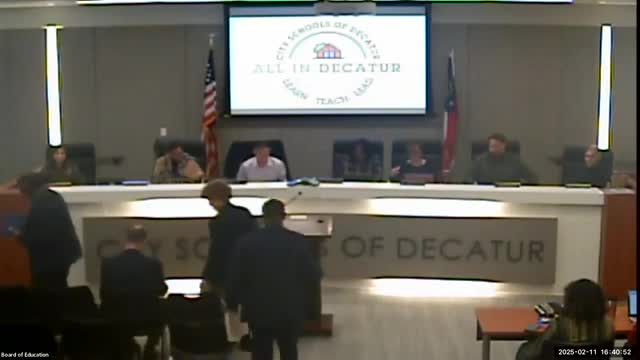
UVA Partnership for Leaders in Education: principals report early instructional gains and improved subgroup monitoring
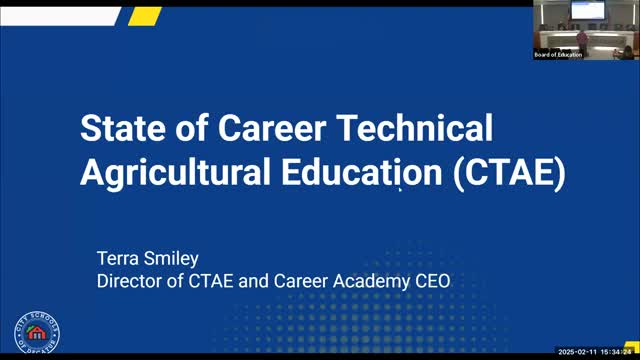
CTAE director highlights industry partnerships, student outcomes and capacity limits as interest grows

